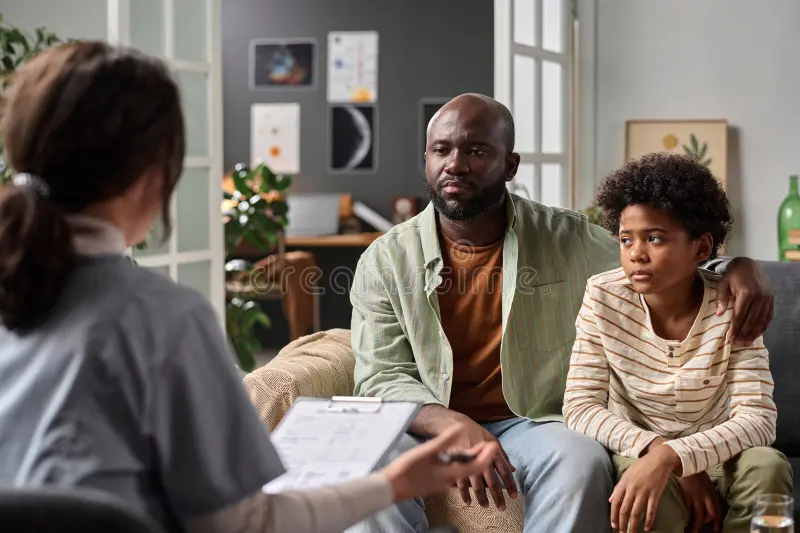24/7 Helpline:
(866) 899-221924/7 Helpline:
(866) 899-2219
Learn more about Group Therapy centers in Palestine
Group Therapy in Other Cities

Other Insurance Options

CareSource

UnitedHealth Group
Beacon

BHS | Behavioral Health Systems

Carleon

Meritain

BlueShield

MHNNet Behavioral Health

Molina Healthcare

Covered California

Ceridian

Holman Group

Excellus

State Farm

Anthem

Regence

Medical Mutual of Ohio

GEHA

Sutter

Magellan










